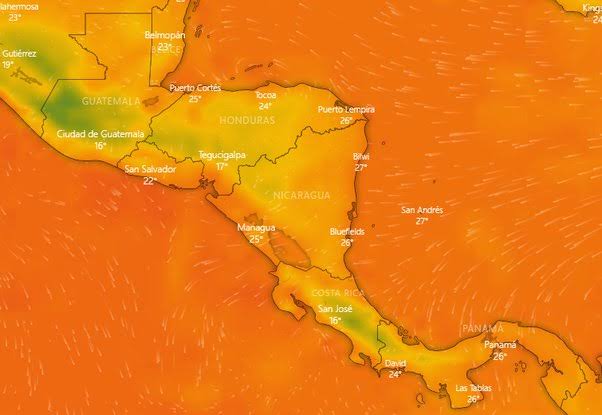After notable and strong heat waves in Latin American and Central American countries such as Mexico, Guatemala and Panama, a recent study has challenged a fundamental assumption by revealing that the pre-industrial temperature, used as a key reference point in the assessment of warming overall, could have been overestimated.
The study, led by a team of researchers from the University of Oxford and published in the journal Nature, has generated a wave of debate and speculation in the scientific community. According to the findings, global temperatures before the industrial era could have been up to 0.2 degrees Celsius lower than previously believed.

This discovery raises critical questions about our perceptions of climate change and its potential consequences. If pre-industrial temperatures have been overestimated, as this study suggests, we could be underestimating the magnitude of global warming and the urgency of taking action to address this planetary crisis.
Scientists involved in the study have warned that these new revelations could have significant ramifications for current climate projections and mitigation strategies. Current climate models, based on data that may have been misinterpreted, could require urgent revision to reflect a more accurate picture of climate change and its future consequences.
The reaction to these findings has been mixed. Some scientists have enthusiastically welcomed the study as an opportunity to reassess understanding of climate change and take more decisive action to address this crisis. Others, however, have expressed skepticism and called for more research before accepting the results as definitive.
Regardless of individual opinions, it is clear that this study raises important questions about the reliability of current climate measurements and the need for urgent action. At a time when climate change is exacerbating natural disasters and threatening global stability, it is imperative that these warnings are taken seriously and a commitment is made to protect the planet we inhabit for future generations.

This study not only challenges perceptions of climate change, but also calls for reconsideration of policies and actions in response to this planetary crisis. With the urgency of climate change in mind, this era is seen as the time to join forces and work to build a sustainable and resilient future for all.



